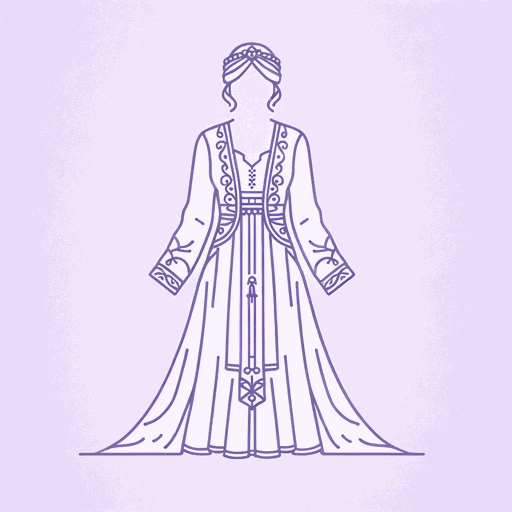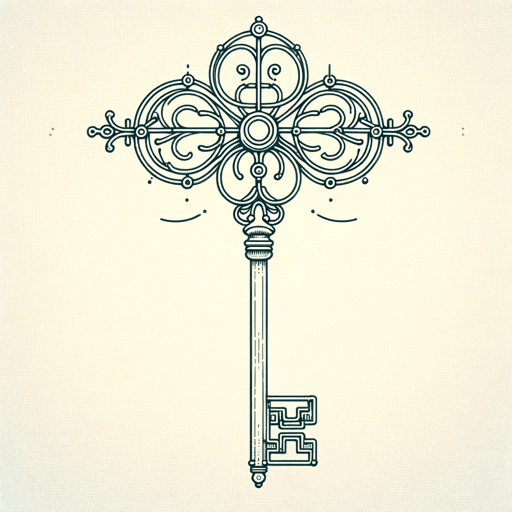37 pages • 1 hour read
Daniel DefoeRoxana: The Fortunate Mistress
Fiction | Novel | Adult | Published in 1724A modern alternative to SparkNotes and CliffsNotes, SuperSummary offers high-quality Study Guides with detailed chapter summaries and analysis of major themes, characters, and more.
Introduction and PrefaceChapter Summaries & Analyses
Introduction Summary
John Mullan, an English professor at University College London, argues that Defoe’s contemporary readership regarded Roxana as problematic, because the infamous heroine’s “penitence might merely be a ‘Consequence’ of ‘Misery’ rather than a proper growth of conscience” (xi). During the course of the novel, the heroine, who prostitutes her virtue to several rich men, “failed to regret her sins while she remained ‘fortunate”’ (xi). This ending, which scandalized publishers steeped in notions of Christian morality, was so unpalatable that a half-century after Roxana’s publication they took it upon themselves to change it. The multiple alternative endings show Roxana truly repenting and making peace with God. Mullan argues that the text was “susceptible to adaptation, because it did not officially have an author” (x), as the only names that appeared on the title-page were those of the bookseller and the narrator’s pseudonym.
While the first-person narrator’s real name is Susan, the name she and the book title go by is Roxana. In 18th-century novels “a name is frequently a sign of self-fashioning individuality” (xix), meaning that the protagonist adopts the name that is best suited to the person they have become rather than their given name.








Related Titles
By Daniel Defoe



